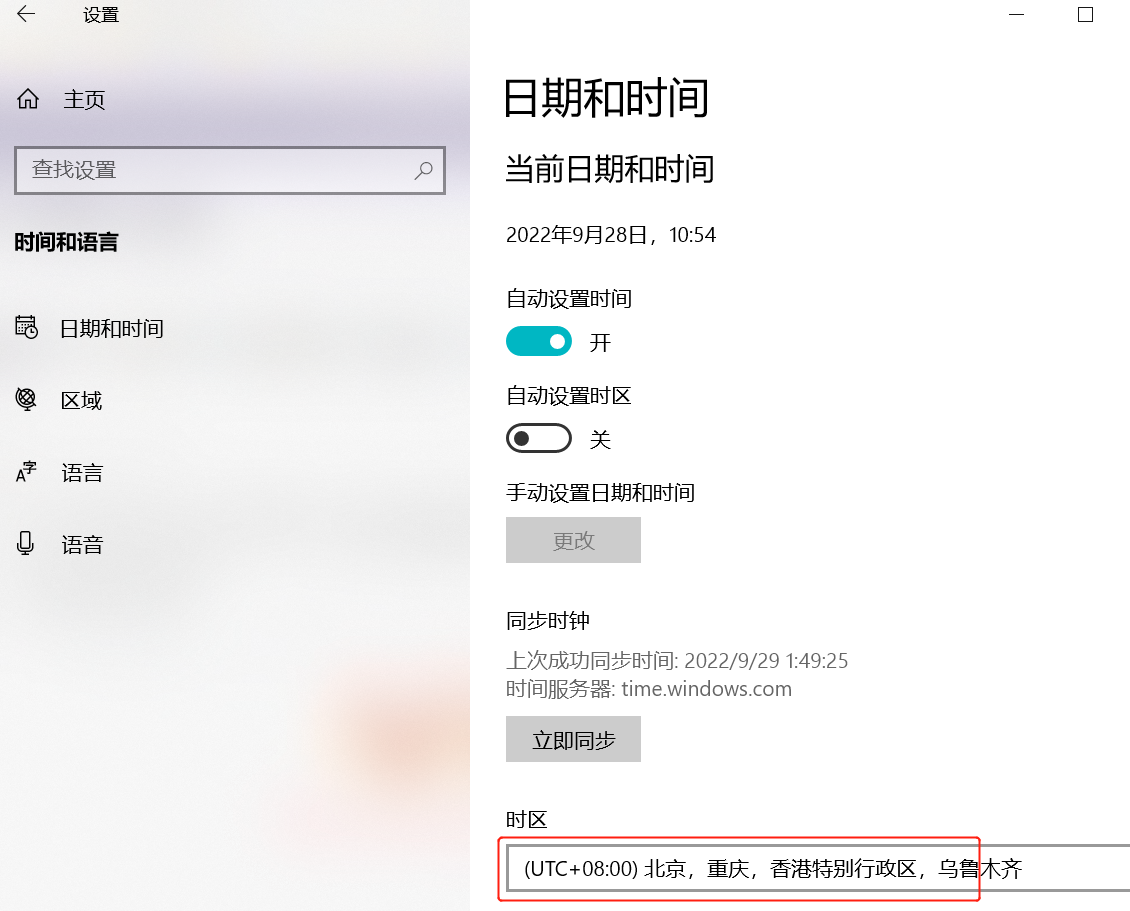问题描述
我在Scala中收到类型删除警告。
问题是我需要缓存传出的请求。由于当前的设置方式,请求可以包装不同的返回类型。
我试图通过在getOrPut方法中添加类型参数来解决该问题。但是,在match语句中,由于类型擦除,将来的包装内容不会得到检查。
我可以使用@unchecked来消除类型擦除警告,但是我想知道是否有更好的方法来确保返回的类型是所需的类型。
简化示例:
class RequestCache() {
val underlying: scala.collection.mutable.Map[String,Future[Any] =
scala.collection.mutable.Map()
def getOrPut[A](
key: String,val: Future[Request[A]]
): Future[Request[A]] = {
underlying.get(key) match {
case None => {
underlying.update(key,val)
val
}
case Some(storedVal: Future[Request[A]]) => storedVal
}
}
}
解决方法
似乎您的Map值将为Future [Request [A]]]类型。为什么不让类RequestCache使用类型参数,并且这种方法不会出现类型擦除问题:
class RequestCache[A] {
val underlying: scala.collection.mutable.Map[String,Future[Request[A]]] =
scala.collection.mutable.Map()
def getOrPut(key: String,value: Future[Request[A]]): Future[Request[A]] =
underlying.get(key) match {
case None =>
underlying.update(key,value)
value
case Some(storedVal: Future[Request[A]]) =>
storedVal
}
}
这不能完全解决,因为您想放置所有可能类型的Future,因此一旦忘记了确切的类型,就永远不会有100%的编译时保证可以恢复它。您必须自己强制转换类型,并希望它匹配。
我看到两种解决此问题的方法:
- 对密钥中的类型进行编码(不要忘记在密钥中!),以便您可以安全地将类型转换为
- 以擦除类型获取结果,并尝试投射结果并处理可能的失败
第一个可以完成,例如像这样:
trait CacheKey {
type Out
}
object CacheKey {
type Aux[O] = CacheKey { type Out = O }
}
case object GlobalSetting extends CacheKey { type Out = String }
case class UserSetting(userID: UUID) extends CacheKey { type Out = Int }
class Cache() {
private val underlying =
scala.collection.mutable.Map.empty[CacheKey,Future[_]]
def getOrPut[O](
key: CacheKey.Aux[O],value: => Future[O] // should be by-name!
): Future[O] = underlying.get(key) match {
case Some(storedVal) =>
storedVal.asInstanceOf[Future[O]]
case None =>
underlying.update(key,val)
value
}
}
使用String,您可以尝试做某事:
cache.getOrPut("foo",intFuture)
cache.getOrPut("foo",stringFuture)
,第一个调用将设置缓存,第二个调用将返回带有无效结果类型的Future,因此,如果您进行强制转换,您将在{{1 }}。
另一种方法是始终获取结果,然后检查结果是否有效(很难进行防弹验证):
ClassCastException该方法存在的问题是Future不会区分具有不同类型参数的泛型,例如class Cache() {
private val underlying =
scala.collection.mutable.Map.empty[CacheKey,(ClassTag[_],Future[_])]
def getOrPut[O: ClassTag](
key: String,value: => Future[O] // should be by-name!
): Future[O] = underlying.get(key) match {
case Some((originalTag,storedVal)) =>
if (classTag[O] == originalTag)
storedVal.asInstanceOf[Future[O]]
else
throw new Exception("Mismatched cache types")
case None =>
underlying.update(key,val)
value
}
}
返回ClassTag。但是,使用任何基于运行时反射的解决方案,无论您选择什么,都会遇到这个或类似的问题。
通过反映编译时间,您可以完全避免问题,但是在任何时候您都必须了解键的类型,因此您不能只传递classTag[List[Int]] == classTag[List[String]] -因为那样您将只知道结果是true类型的-您必须将CacheKey作为类型参数传递Future[key.Out]。视情况而定,这可能是非发行或破坏交易的行为。
顺便说一句,这里CacheKey.Aux[O]应该使用名称参数-O在创建它的那一刻开始评估,因此使用语法Scala会开始评估Future,然后它将在缓存中检查同一键下是否还有其他Future。如果它早些开始和完成可能会有一些好处,但是您可能仍然会遇到逻辑混乱的情况,因为新的Future将继续执行。

 设置时间 控制面板
设置时间 控制面板 错误1:Request method ‘DELETE‘ not supported 错误还原:...
错误1:Request method ‘DELETE‘ not supported 错误还原:...